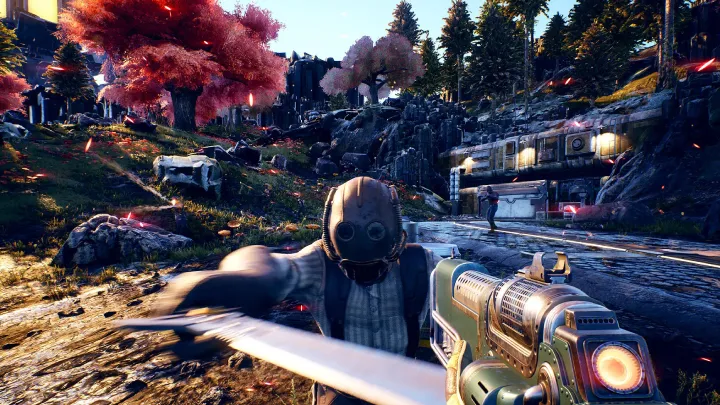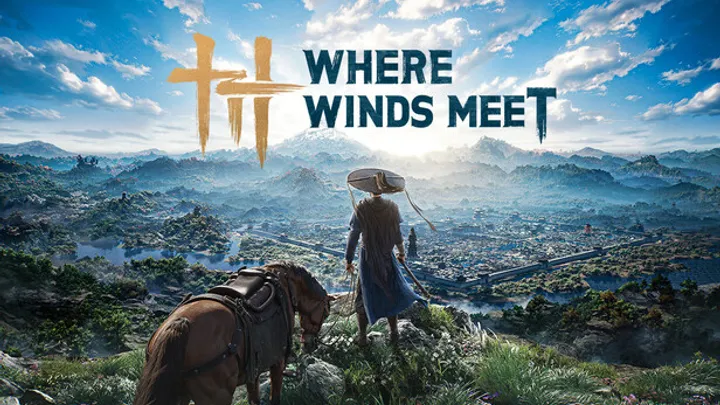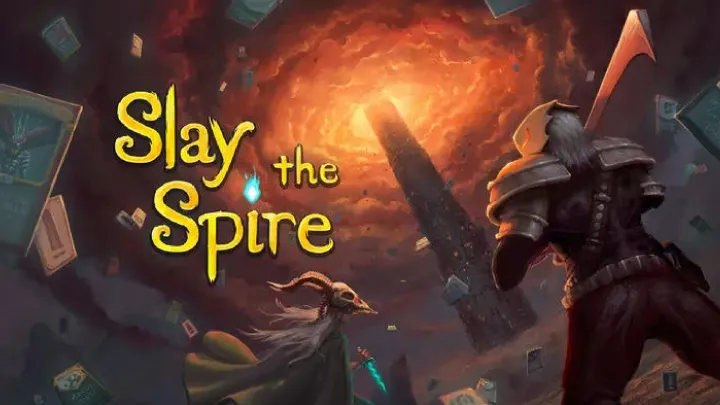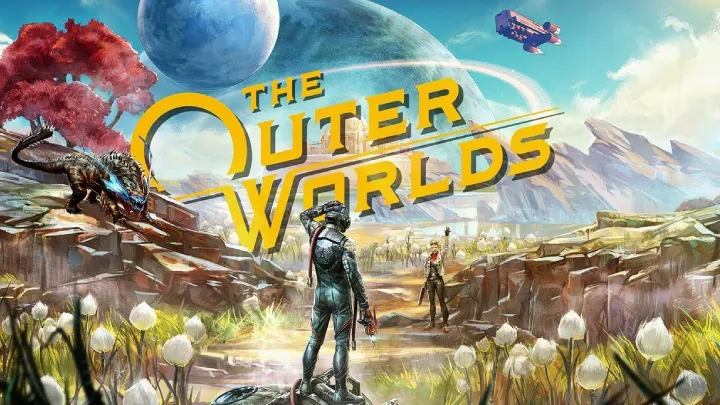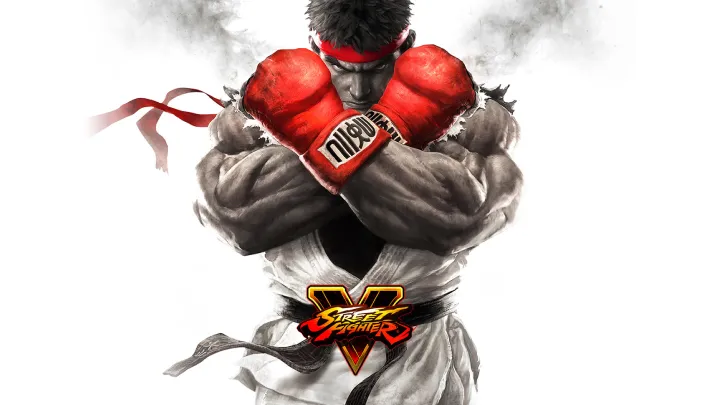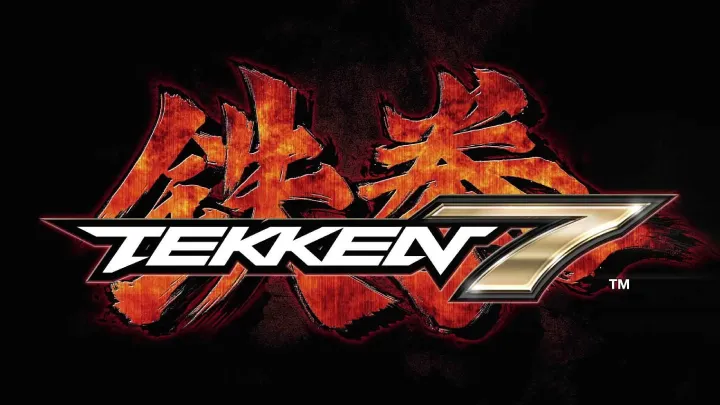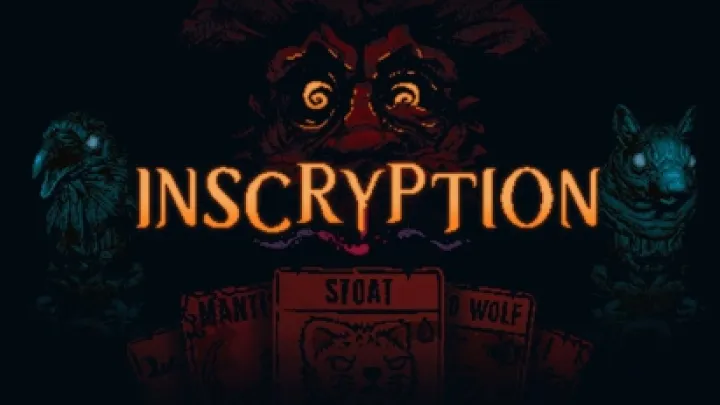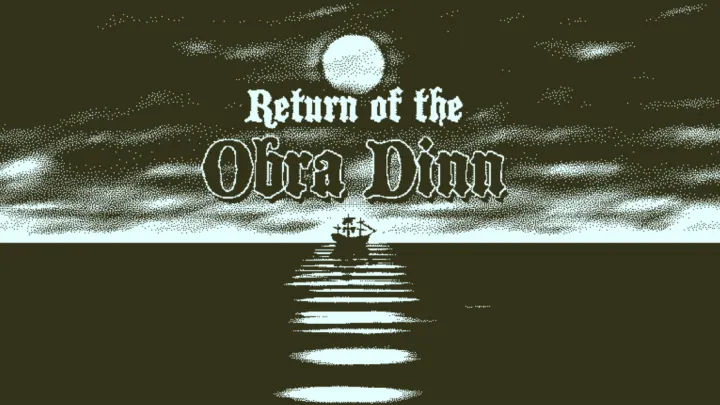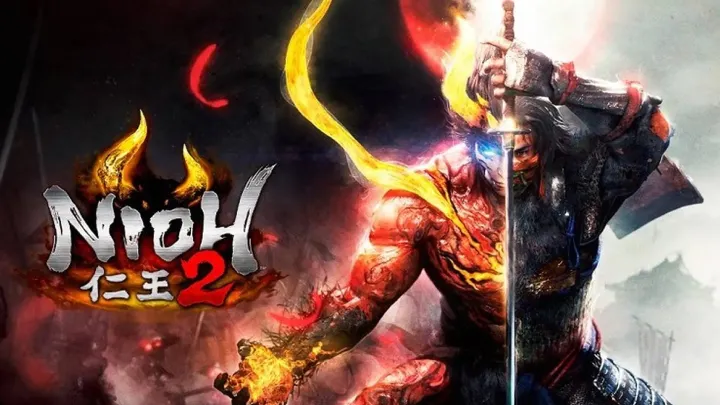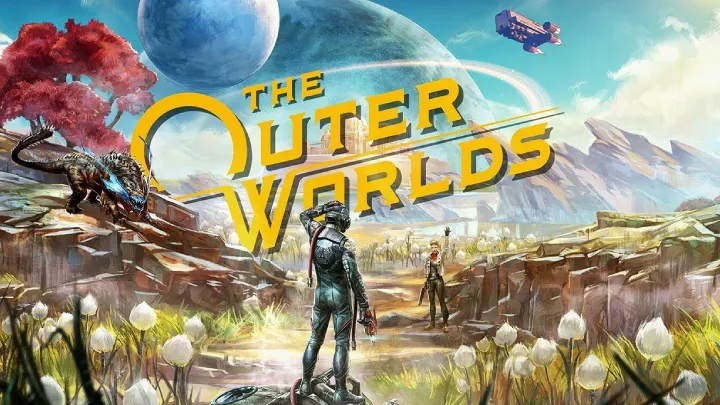
Introduction
The Outer Worlds, developed by Obsidian Entertainment, has been critically lauded for its engaging storytelling, vibrant world, and rich character development. Embedded within this sci-fi RPG is a robust system of moral choices that influences how players navigate the narrative. However, despite its ambition in this area, one significant issue arises: the execution of moral consequences feels inconsistent, often leading to player dissatisfaction. This article delves into the complexities of moral choices in The Outer Worlds, exploring how they intertwine with gameplay mechanics, narrative arcs, and player engagement, ultimately assessing their impact on the overall experience.
The Framework of Choices in The Outer Worlds
Core Gameplay Mechanics
The Outer Worlds employs a design philosophy that encourages player agency through its branching dialogue trees and decision-making systems. Players can tackle quests in various ways, with choices affecting outcomes, character relationships, and even the game’s ending.
Character Creation and Skills
At the outset, players create their protagonist, which influences gameplay through the selection of skills, perks, and traits. These choices not only affect combat effectiveness but also impact how players interact with NPCs and react to situations, laying the groundwork for personalized moral experiences.
The Role of Moral Choices
Defining Morality in The Outer Worlds
Moral choices in The Outer Worlds are primarily framed around the concepts of capitalism, survival, and ethical dilemmas. Players are often thrust into situations where they must choose between their self-interests, the greater good of communities, and the welfare of individual NPCs. This thematic backdrop enriches the player's experience but also complicates moral interpretations.
Example Situations
Throughout the game, players encounter morally ambiguous situations that challenge their values. For instance, early in the game, players must decide whether to assist a group of dissenters or side with the corporate forces trying to maintain control over the colony. Each choice leads to varied consequences, laying the groundwork for future encounters.
Consequences and Their Complexity
Immediate vs. Long-term Consequences
One key challenge in The Outer Worlds is the distinction between immediate and long-term consequences of player choices. While some decisions yield quick results—such as changing the outcome of a quest—others have repercussions that unfold much later, often leading to confusion and frustration.
Player Expectations
Players often anticipate that their moral choices will lead to meaningful and clearly defined consequences. When long-term effects manifest in ways that feel disconnected from the initial decision, it can impair the sense of agency and satisfaction, leaving players questioning the narrative's internal logic.
Moral Ambiguities in Character Relationships
NPC Interactions
The Outer Worlds boasts a colorful cast of characters, each with their own motivations, stories, and moral complexities. The relationships players forge with NPCs significantly influence the narrative experience, yet the moral dilemmas tied to these relationships can feel convoluted.
Consequences of Relationships
Choosing to help or betray characters can lead to mixed outcomes. For instance, siding with a corporation to secure an NPC's favor might grant immediate rewards, but later, that character may be involved in a wider narrative that carries grave ethical consequences. This complexity may cause players to question who they can trust and whether their actions align with their values.
The Impact of Player Identity and Background Choices
Race and Class Dynamics
The game does not shy away from exploring themes related to race and class, which adds depth to character motivations and storylines. Players can select backgrounds that influence their interactions and the perceptions of those around them. However, these elements sometimes lack the depth that players might expect.
Perception of Morality
Players may find that their choices regarding race and class significantly impact the moral ramifications of their decisions. For instance, a character from a lower-class background might have a different perspective on corporate exploitation than a wealthy character. Yet, the narrative's execution can lead to inconsistencies in how these perspectives are presented and how they affect interactions.
Navigating the Corporate Landscape
Capitalism as a Central Theme
A significant aspect of The Outer Worlds is its satirical take on capitalism and corporate influence. The moral choices players face often revolve around issues of exploitation, greed, and loyalty to corporations versus fellow citizens. This thematic framework shapes the motivations of characters and the outcomes of various quests.
Corporate Dilemmas
Many choices involve weighing loyalty to a corporation against moral obligations to individuals or communities. For example, deciding whether to carry out a corporate directive at the expense of an innocent person's life presents a stark moral conflict. However, the resolution of these dilemmas can at times feel unbalanced, leading to confusion over the "right" choice.
Narrative Pacing and Choice Implementation
Timing of Choices
The pacing of narrative progression in The Outer Worlds affects players' perceptions of their choices. Rapid shifts between critical moral decisions can create a sense of urgency, forcing players to choose quickly without sufficient reflection. This hastened pacing might undermine the gravity of moral dilemmas, contributing to a lack of connection to the narrative.
The Consequence of Hasty Choices
When pivotal choices come too rapidly, players may make decisions based on limited emotional investment, resulting in a disconnect from the broader implications of their actions. This phenomenon highlights a need for attention to how choices blend into the storytelling without detracting from their significance.
The Finality of Consequences
Endings and Their Implications
One of the game's most compelling aspects is its multiple endings, reflecting the outcomes of player choices. However, the paths to these endings raise questions about how strongly players' moral choices shape the narrative conclusion.
Satisfaction in Closure
When players reach an ending, they often seek validation for their choices and a clear understanding of how their actions shaped the world. If an ending feels disconnected from player decisions or inadequately addresses moral complexities, it can lead to disappointment and dissatisfaction.
Community Perspectives and Reception
Engaging with the Community
The Outer Worlds has cultivated an active community that engages in discussions around its moral choices and narrative structure. Forums, social media platforms, and fan discussions allow players to share their experiences and interpretations, contributing to a broader dialogue about the game's themes.
Addressing Critiques
While many players appreciate the depth of moral dilemmas presented, others express concerns about the execution of consequences. Addressing these critiques can inform future projects and updates, guiding developers in refining the balance between gameplay and narrative engagement.
The Future of Moral Choices in Gaming
Learning from The Outer Worlds
As the gaming industry evolves, the lessons learned from The Outer Worlds can shape the development of future narrative-driven games. Striking a balance between presenting meaningful moral choices and ensuring that players feel the weight of their decisions is essential for creating immersive experiences.
Opportunities for Growth
Developers can enhance the effectiveness of moral choices by providing clearer connections between players’ actions and the game world. Implementing storytelling techniques that foster deeper emotional connections between players and characters can lead to a richer, more fulfilling narrative experience.
Conclusion
The Outer Worlds immerses players in a richly crafted universe filled with moral ambiguity and complex characters. While its exploration of moral choices is ambitious and engaging, the inconsistencies in how these choices are executed can lead to player frustration. By focusing on the balance of gameplay mechanics, character relationships, and the implications of player choices, developers can create a more cohesive experience that resonates with players. As the game landscape continues to evolve, the insights gained from The Outer Worlds will be invaluable for shaping the future of narrative-driven gaming experiences.